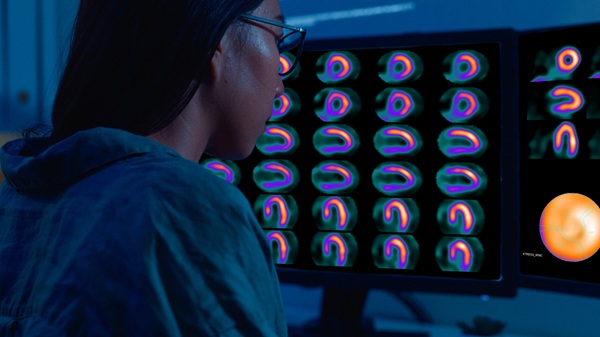Henry Ford Patient First Treated in New International Brain Cancer Trial
FOR IMMEDIATE RELEASE
DETROIT – Henry Ford Hospital doctors are hopeful about a potential new treatment for the most common and aggressive form of recurrent brain cancer after becoming the first site to enroll a patient in a new, international clinical trial for the investigational cancer drug.
The high grade glioma (HGG) cancer patient treated with Toca 511 & Toca FC on Dec. 1 is doing well in Detroit, says Tom Mikkelsen, M.D., co-director of the Hermelin Brain Tumor Center at Henry Ford Hospital.
“The current lack of effective therapies for high grade glioma leaves doctors with few options for treating patients,” says Dr. Mikkelsen. “This treatment has shown encouraging results to date and provides new hope for people with this type of brain cancer.”
About 14,000 people in the United States and 160,000 worldwide are diagnosed with HGG each year. The two most common forms of HGG are anaplastic astrocytoma (AA) and glioblastoma (GBM). Patients with newly diagnosed GBM who receive intensive treatment have a median survival of approximately 16 months. Survival in recurrent HGG is more challenging, with reported median overall survival of about eight months.
In Phase 1 of the treatment’s clinical trials, Tocagen had treated 116 recurrent HGG patients as of Sept. 25. The recurrent HGG patients who received the treatment at the time of tumor removal had a median survival of 13.6 months (N=43); a 12-month survival rate of 52.5%; and a 24-month survival rate of 31.6%.
This newest step in the trial, Phase 2/3 “Toca 5,” is expected to continue into 2016. Patients will receive either Toca 511 & Toca FC or standard-of-care treatment for this type of brain cancer: chemotherapy (lomustine or temozolomide) or antiangiogenic therapy (bevacizumab).
Tocagen’s gene therapy technology uses a “retroviral replicating vector,” or RRV. The process selectively integrates a therapeutic gene that helps fight cancer into the DNA of cancer cells, turning the cancer cells into factories that reproduce the RRVs. Those RRVs can then infect neighboring cancer cells. This approach allows a long-term presence of the therapeutic gene within the cancer cells and is designed to activate the immune system against the cancer. In this study, Toca 511 is injected into the region surrounding the tumor after its removal and Toca FC is then taken orally.
Steven Kalkanis, M.D., co-director of the Hermelin Brain Tumor Center and chairman of neurosurgery at Henry Ford Hospital, as well as noted Henry Ford neurosurgeon Ian Y. Lee, M.D., are overseeing the study, with principal investigator and neuro-oncologist Tobias Walbert, M.D., Ph.D., M.P.H.
To inquire about inclusion in this or any other trials at the Hermelin Brain Tumor Center at Henry Ford Hospital, call (313) 916-1340 or email abrna1@hfhs.org.
For more information about the Hermelin Brain Tumor Center, visit www.henryford.com/braintumor
EDITORS NOTE: Henry Ford doctors are available for in-person, phone or Ready-Cam interviews.
MEDIA CONTACT:
Brenda D. Craig, MFA
Director, Media Relations
Henry Ford Health System
(313) 876-8709 (office)
(313) 283-8331 (mobile)
bcraig3@hfhs.org
.svg?iar=0&hash=F6049510E33E4E6D8196C26CCC0A64A4)

/hfh-logo-main--white.svg?iar=0&hash=ED491CBFADFB7670FAE94559C98D7798)








